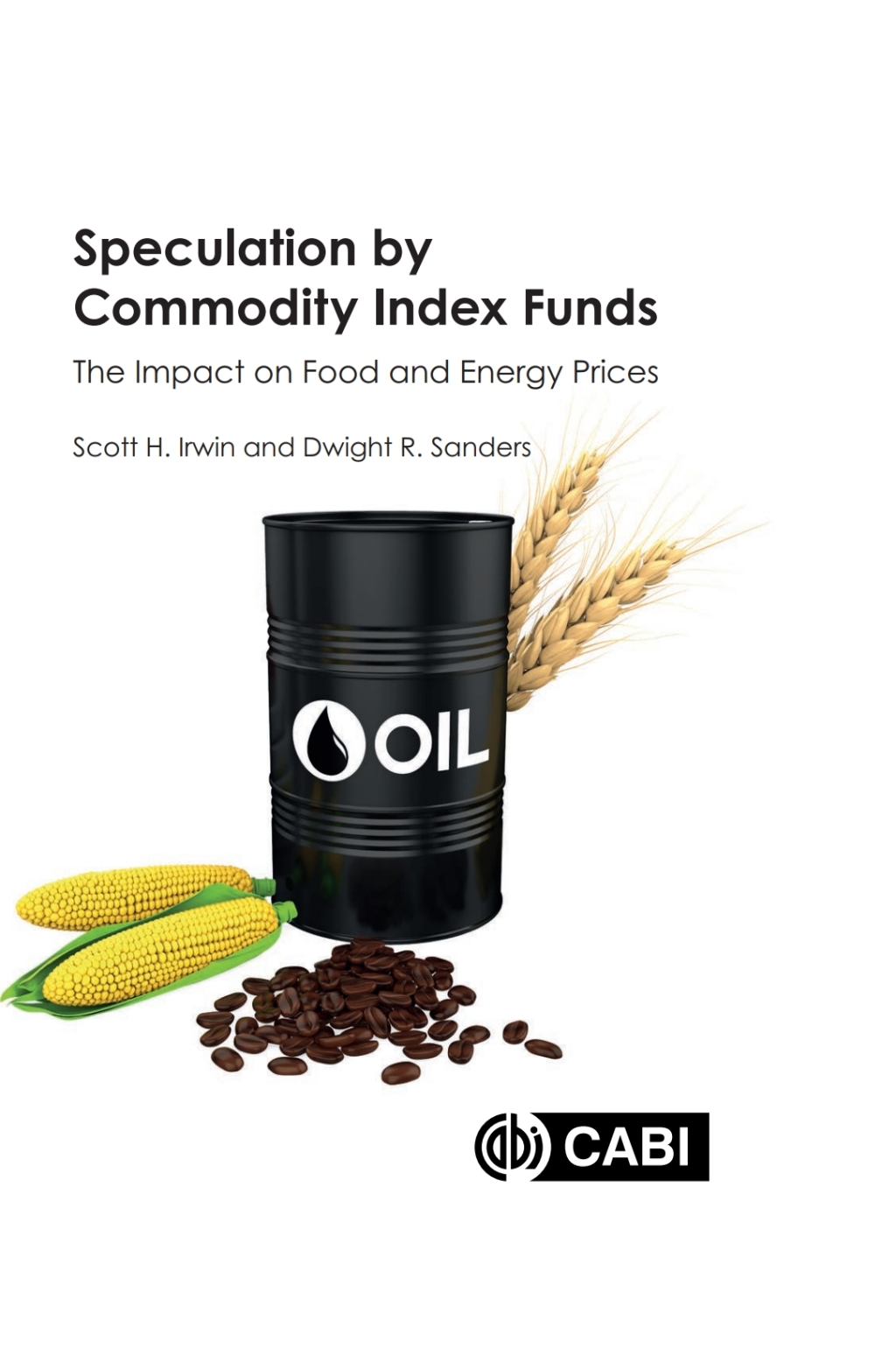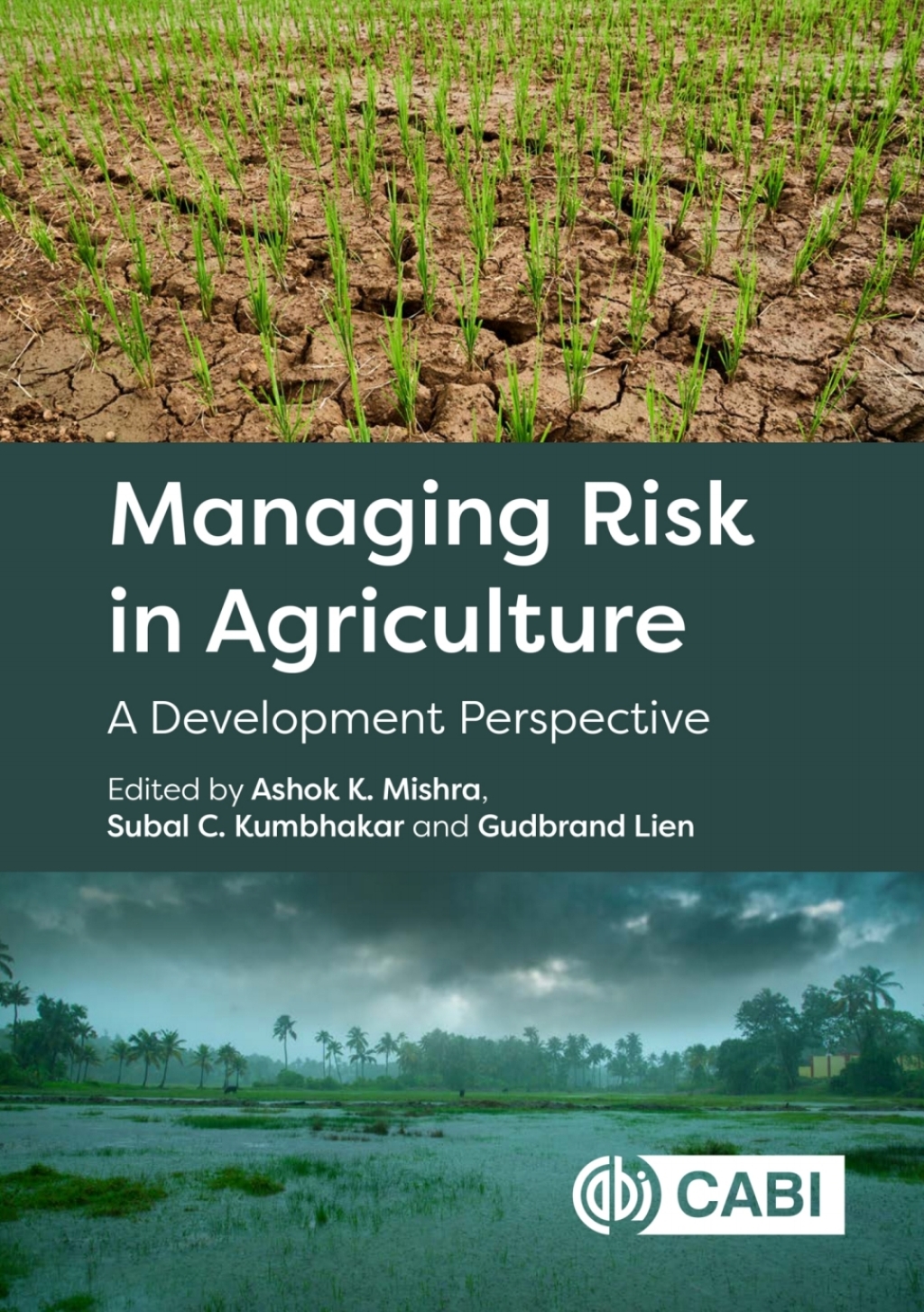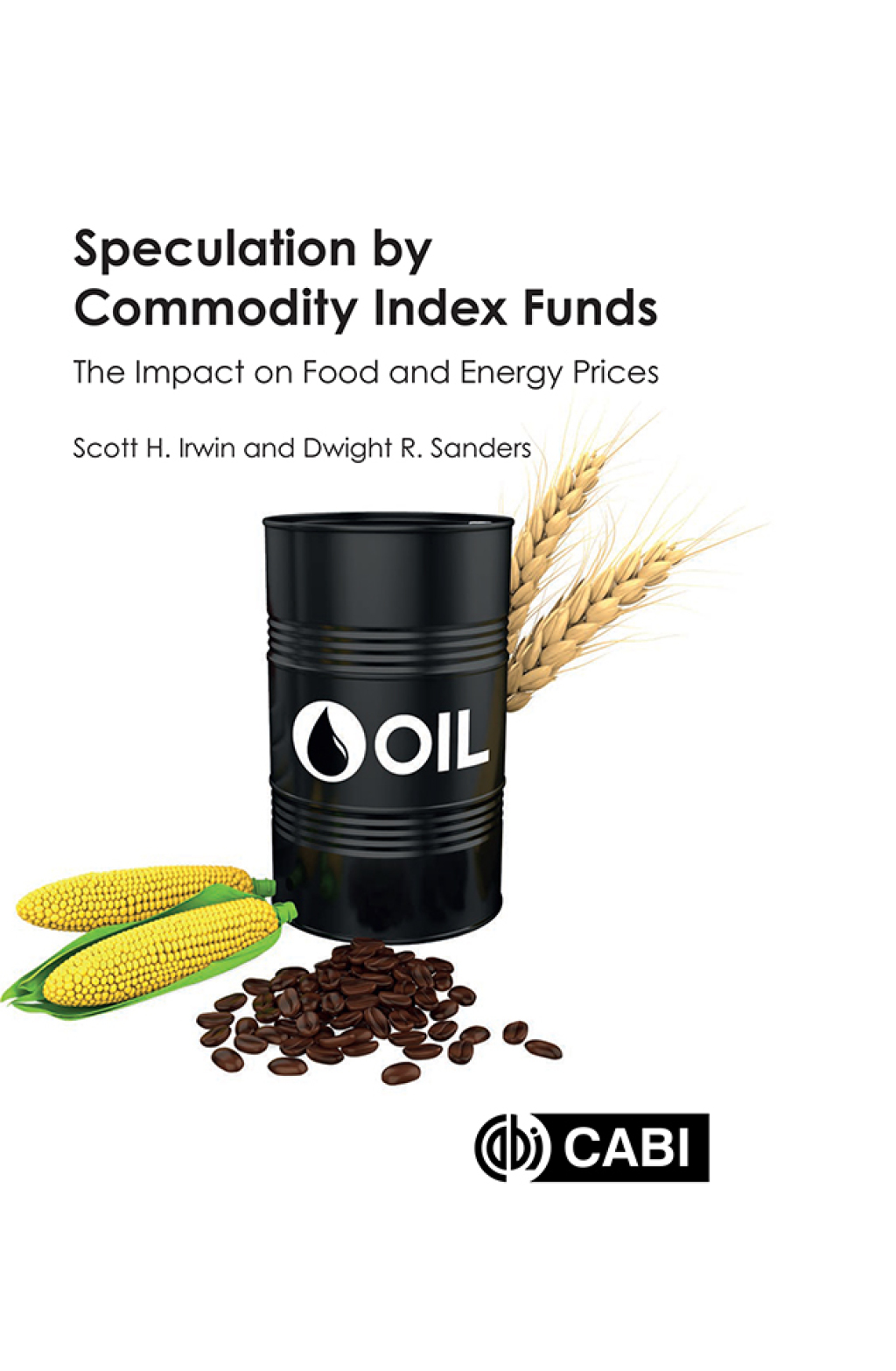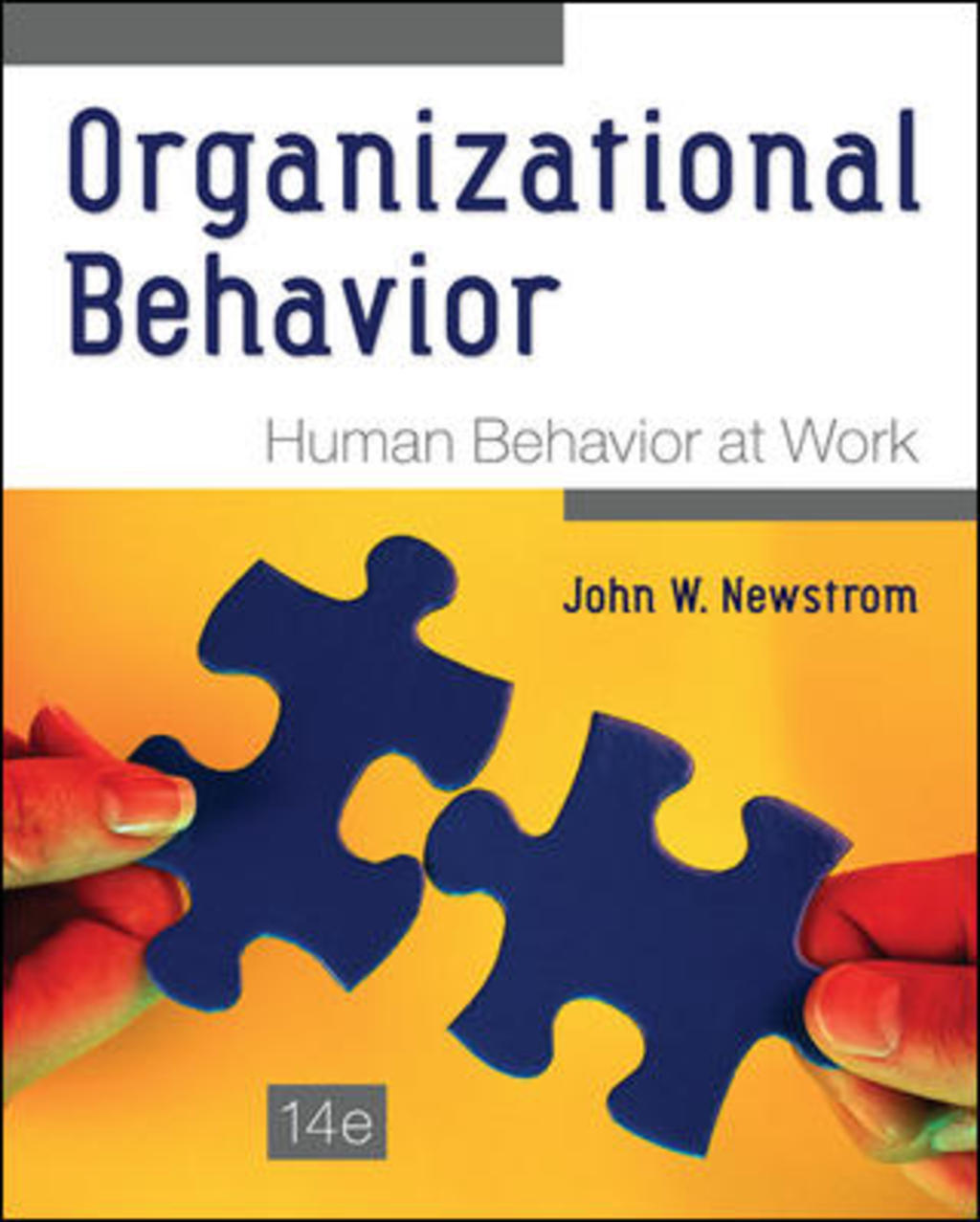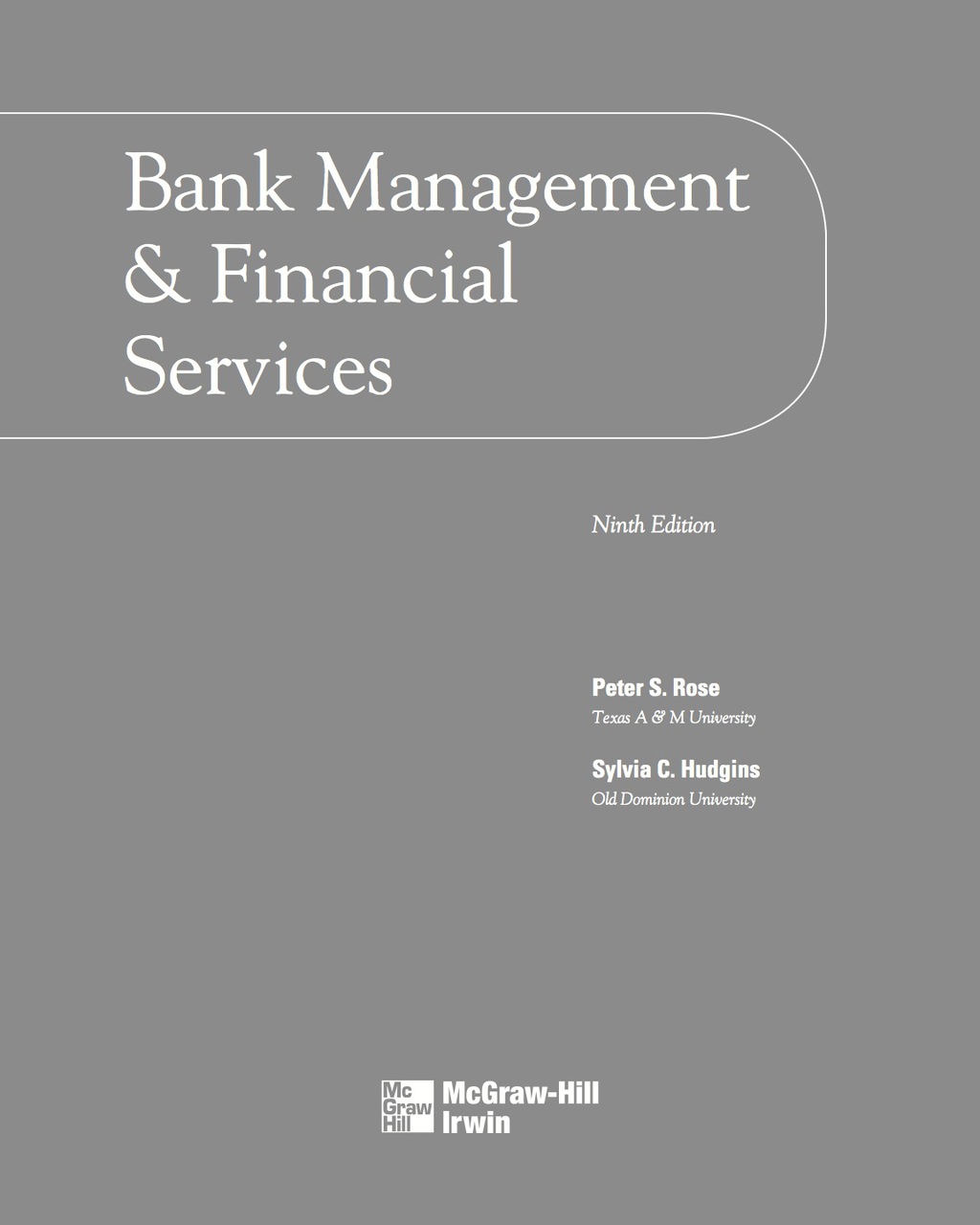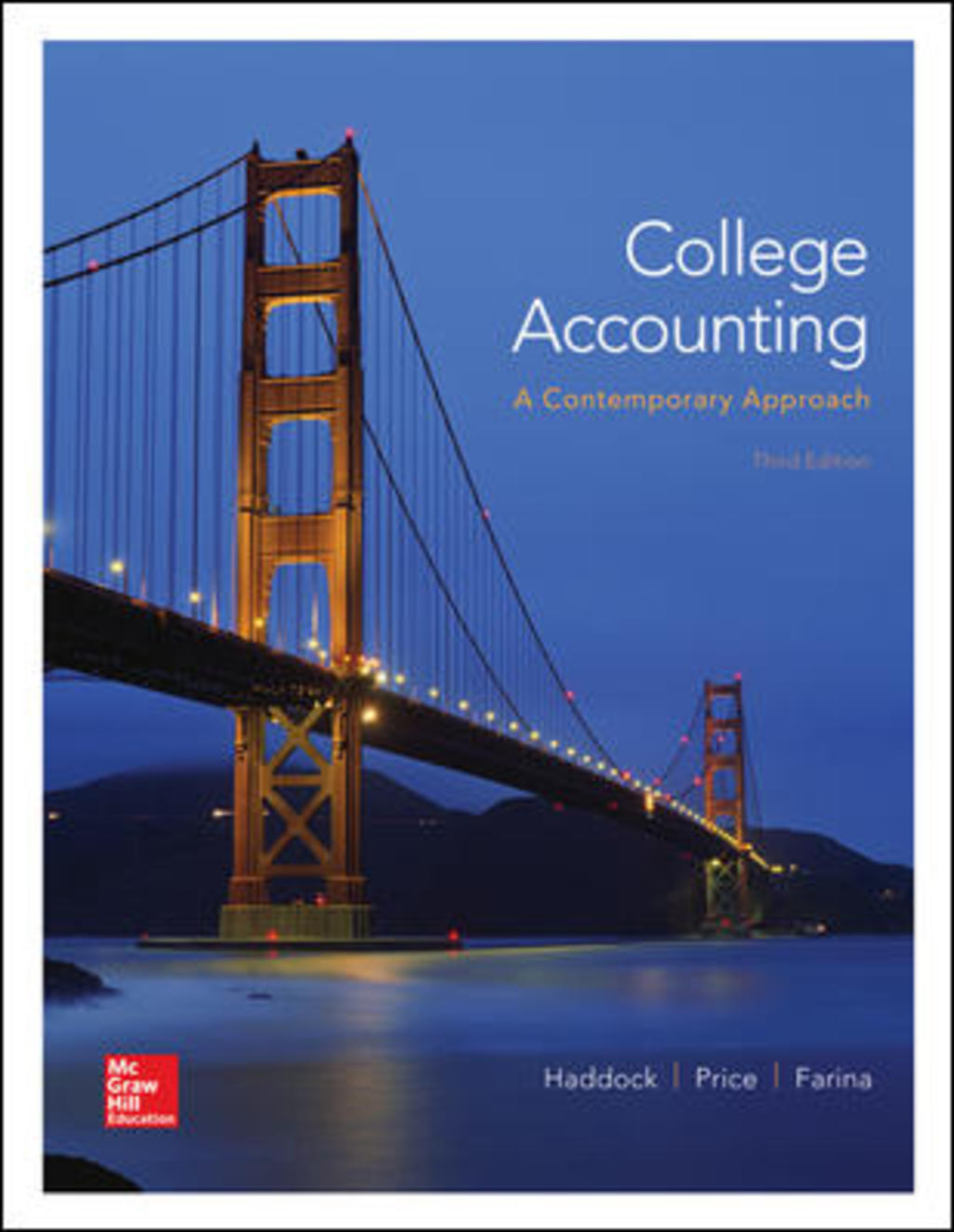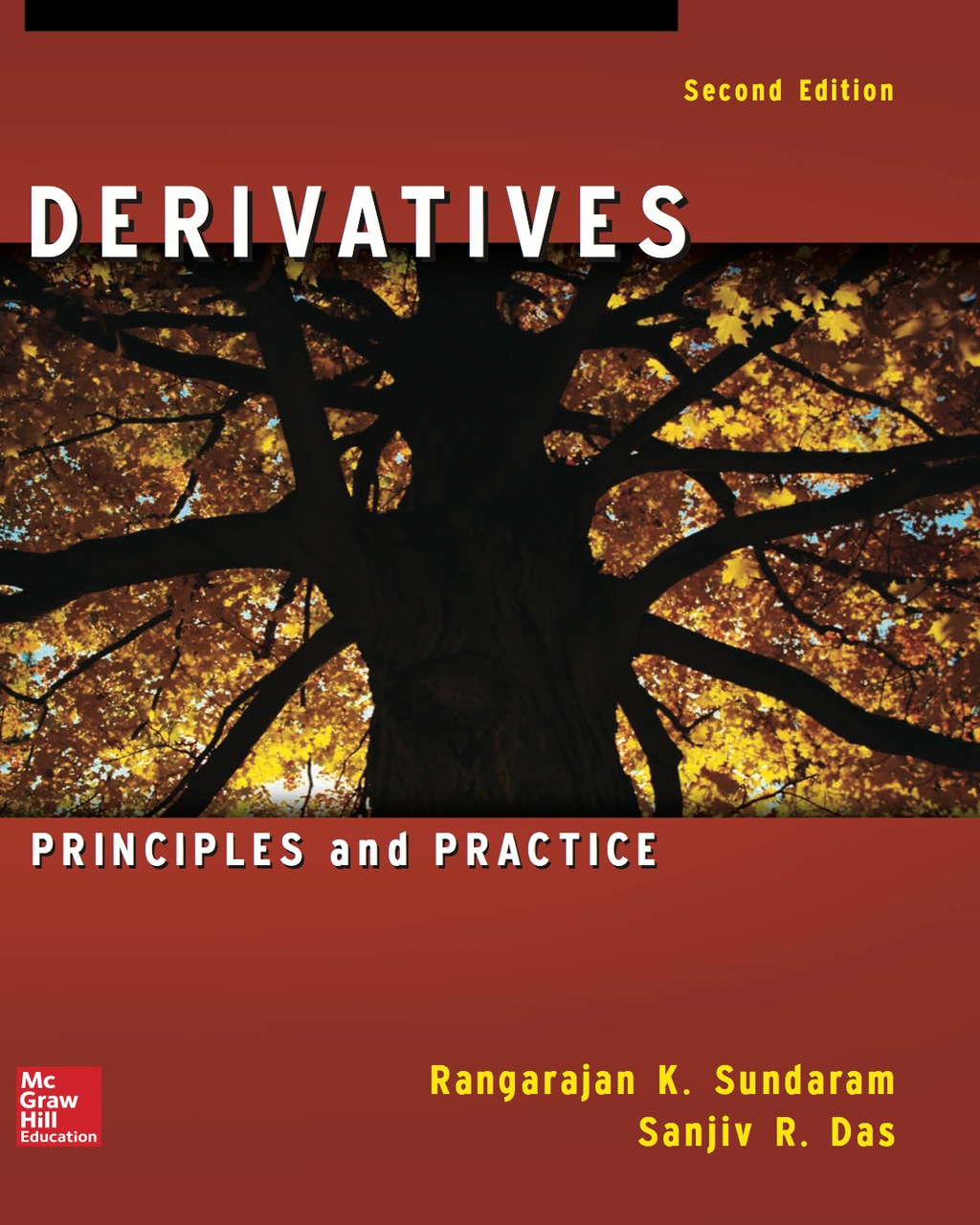Description
Commodity futures prices exploded in 2007-2008 and concerns about a new type of speculative participant in commodity futures markets began to emerge. The main argument was that unprecedented buying pressure from new “commodity index” investors created massive bubbles that resulted in prices substantially exceeding fundamental value. At the time, it was not uncommon to link concerns about speculation and high prices to world hunger, food crises, and civil unrest. Naturally, this outcry resulted in numerous regulatory proposals to restrict speculation in commodity futures markets.At the core, these assertions raised major economic questions about the efficiency of price discovery in commodity futures markets. Moreover, these so-called remedies did not come without a potential cost. Burdensome regulations would increase compliance and risk sharing costs across the global food system, lowering prices for producers and increasing costs to consumers.This book presents important research on the impact of index investment on commodity futures prices that the authors conducted over the last fifteen years. The eleven articles presented in the book follow the timeline of our involvement in the world-wide debate about index funds as it evolved after 2007. We also include an introductory chapter, new author forewords for each article chapter, and a lessons learned chapter to round out the book. Policy-makers, researchers, and market participants will find the book not only functions as useful documentation of the debate; but, also as a natural starting point when high commodity prices inevitably create the next speculation backlash.

